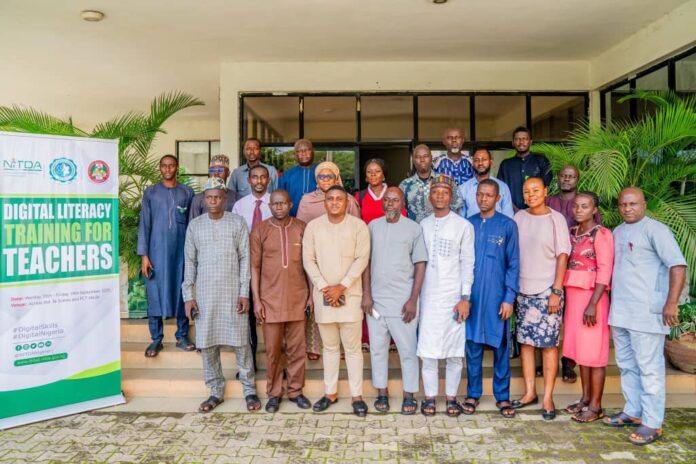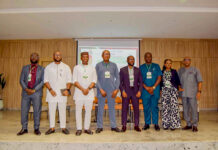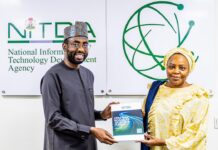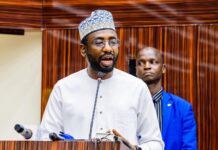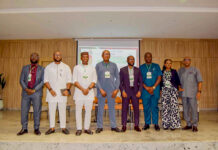The National Information Technology Development Agency (NITDA) has scaled up its flagship initiative, Digital Literacy for All (DL4ALL), with the training of 3,600 teachers across Nigeria and the empowerment of a new cohort of Master Trainers to drive grassroots digital education.
The two-day physical training programme, which began in Abuja on September 18, 2025, follows two weeks of intensive virtual sessions that had already provided foundational skills to teachers drawn from all 36 states and the Federal Capital Territory. The physical phase is designed to deepen practical knowledge and prepare selected teachers to train others in their communities.
The initiative is being implemented in collaboration with the Universal Basic Education Commission (UBEC) and the National Senior Secondary Education Commission (NSSEC), in line with government efforts to integrate digital literacy into both basic and secondary education.
A key feature of the Abuja session is the train-the-trainer model. Participants designated as Master Trainers will be tasked with cascading their knowledge to thousands of other teachers in their states, multiplying the programme’s reach and ensuring long-term sustainability.
Teachers who took part in the training described the experience as transformative. Tanko Abdulkareem, a participant from Kuje Area Council, said the sessions broadened his understanding of digital applications in the classroom and would enable him to support colleagues and enhance student learning.
Another participant, Muhammad Ademu from Abuja Municipal Area Council, called the programme “a timely and life-changing intervention” that would help reposition Nigeria’s education system for the realities of the 21st-century digital economy.
Bamidele Gbenga Samuel, a teacher at Government Secondary School, Gwagwalada, highlighted the importance of equipping educators with digital tools. “Teachers are the bedrock of learning. For us to prepare students for the future, we ourselves must first be digitally literate,” he said.
Similarly, Miss Veronica Miapie of the FCT Secondary Education Board stressed that digital literacy was no longer optional. “It is a necessity for both teachers and students. The long-term benefits of this intervention will ripple across generations,” she noted.
Through its Digital Literacy and Capacity Building Department, NITDA has continued to position digital education at the centre of Nigeria’s knowledge economy agenda. The DL4ALL programme forms part of the agency’s broader mandate to expand access to technology, bridge the digital divide, and align Nigeria with global trends in digital adoption.


